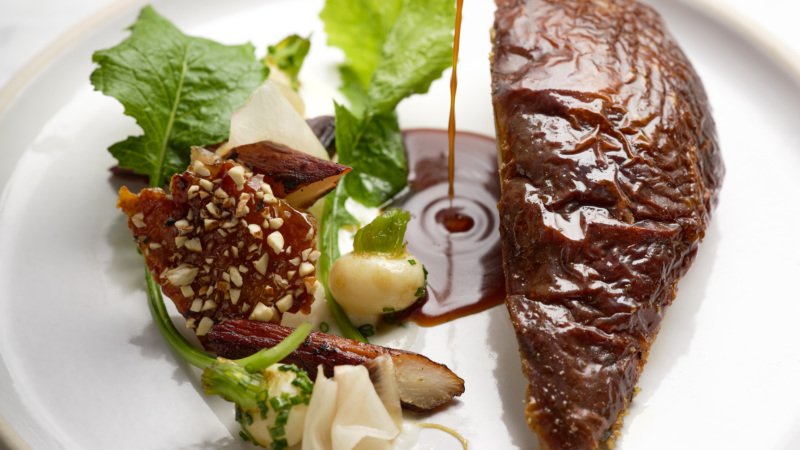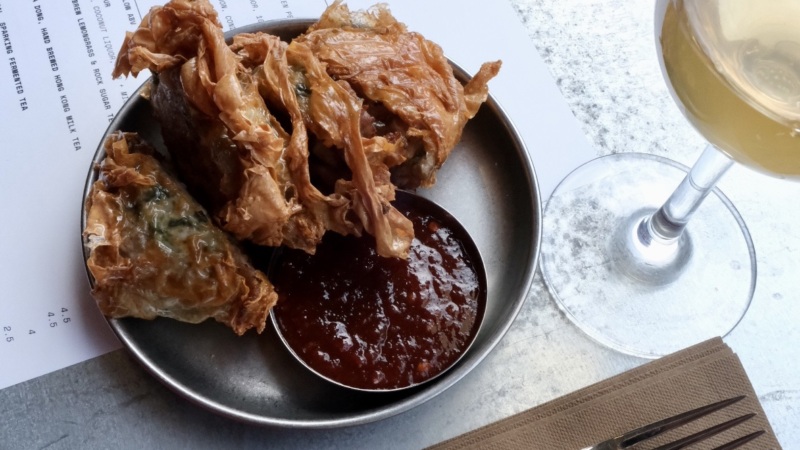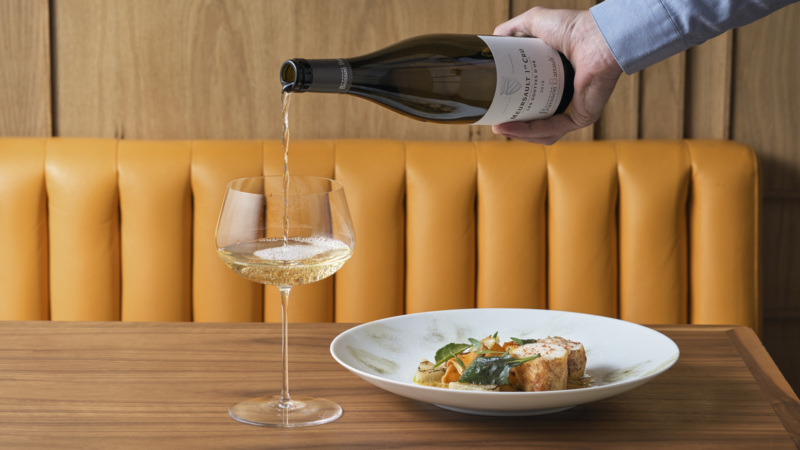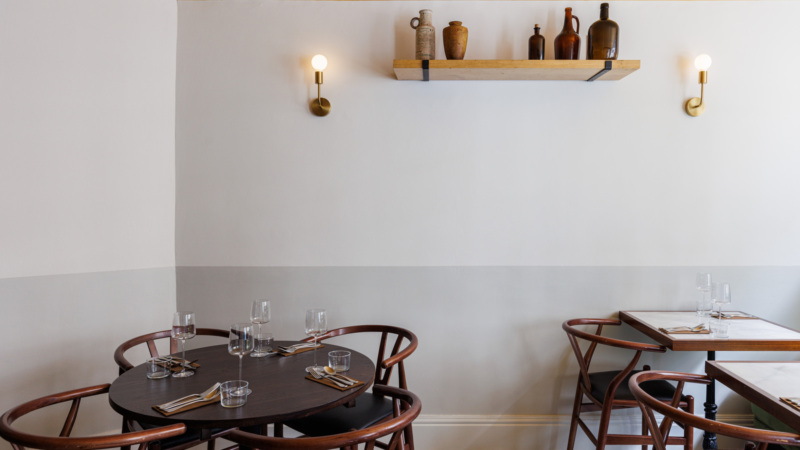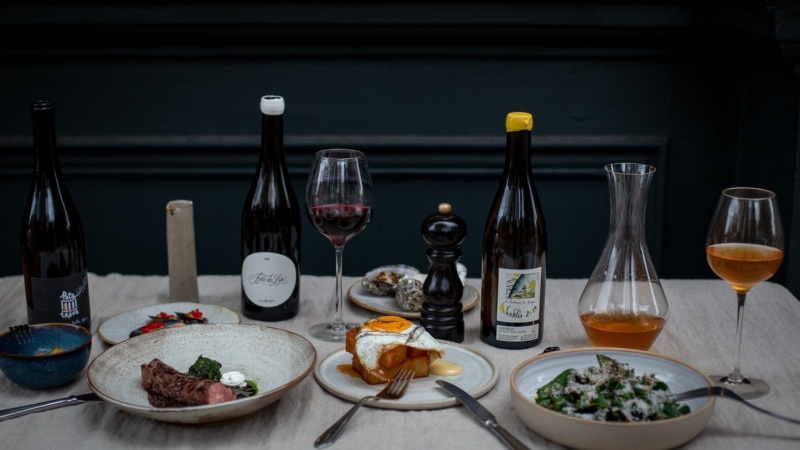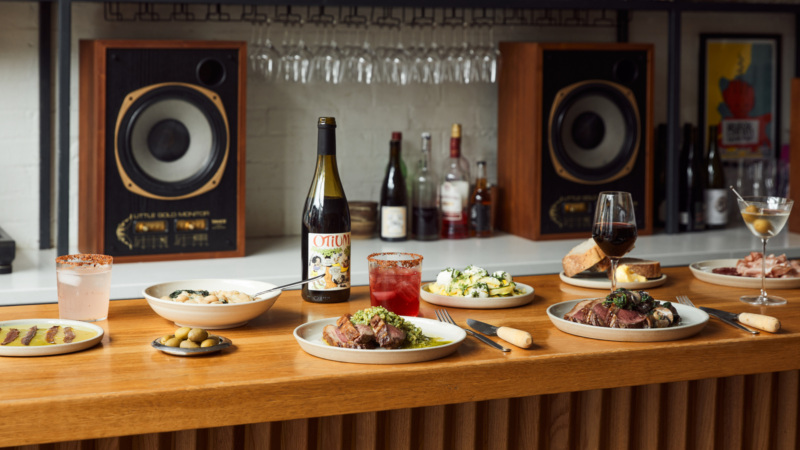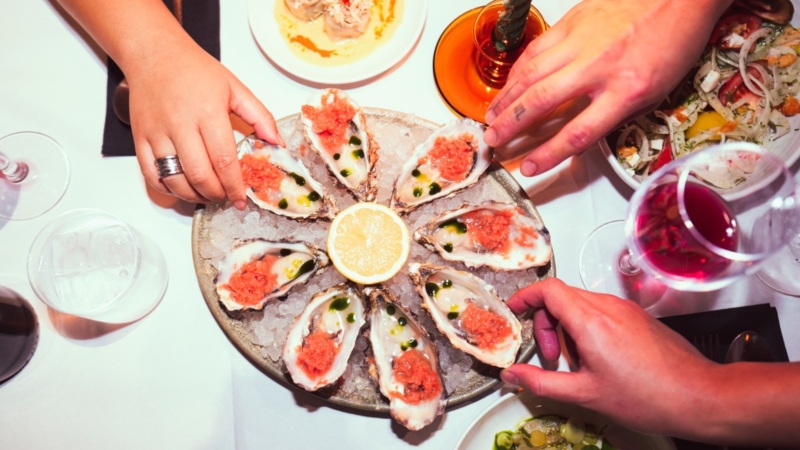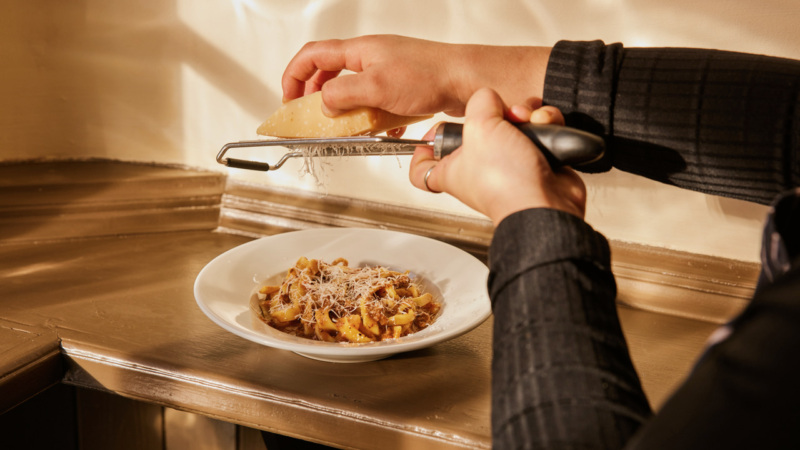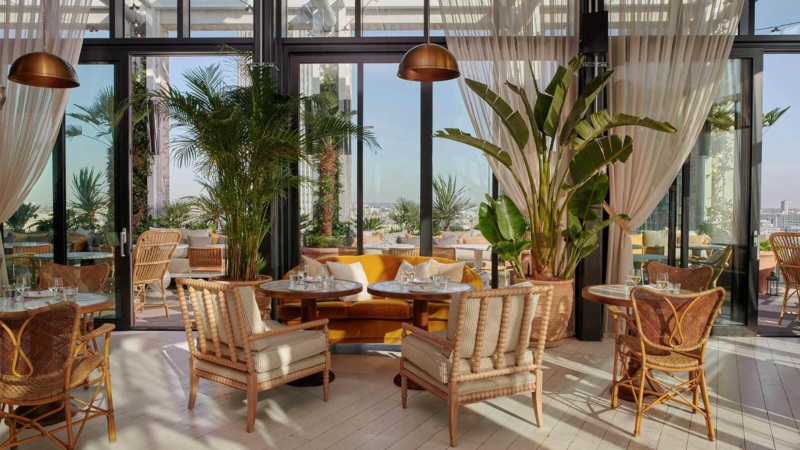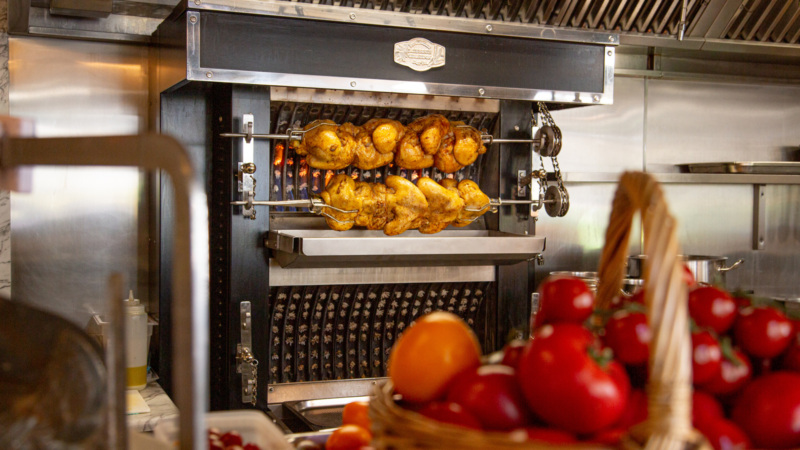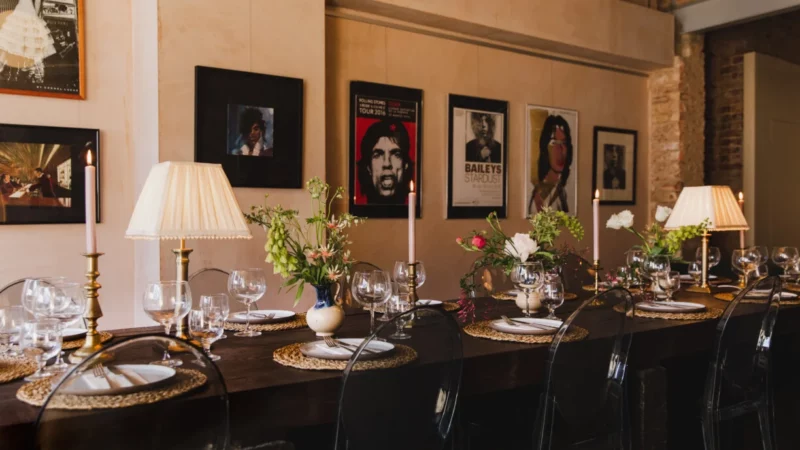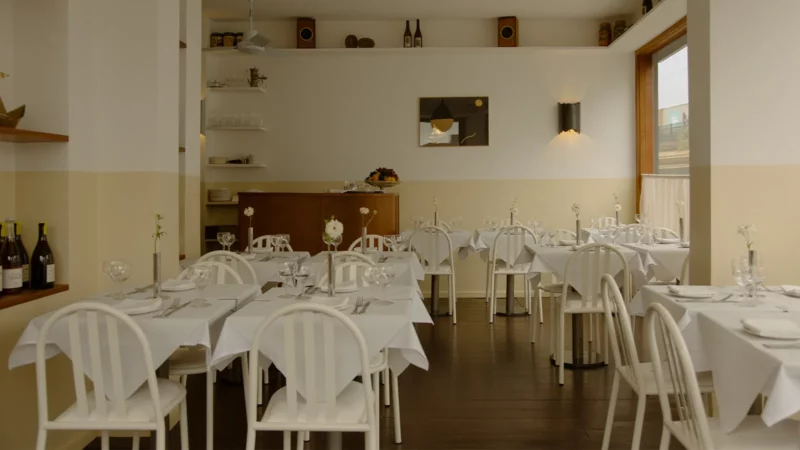
Through the Pandemic, Restaurants Have Supported Others. They Deserve the Same Support in Return
It’s been a challenging year for those working in restaurants. But despite setback after setback, those working in hospitality have constantly found new ways to rise to the occasion to support key workers and the most vulnerable in their communities. But deep into a second lockdown and with a long winter on their doorsteps, no concrete long-term plan from the Government seems to be on the cards. Having always stepped up for others, restaurants and those who work in them deserve a stake in what’s happening – but who will step up for them?
The hospitality industry is filled with some of the kindest souls I know, many of whom put others first — I’m always blown away by the sheer number working to raise money for a cause. This was common in a pre-COVID world, with initiatives including a fundraising effort for Positive East led by Bodega Rita’s, and Lily Vanilli’s bake sale for the devastating bushfires that swept through Australia.
Despite the coronavirus pandemic forcing many peoples’ livelihoods to come to a standstill, during the first lockdown many food businesses — while forced to close to the public — began fundraising regardless, whether to provide a safety net for society’s most vulnerable, or to safeguard their own staff or other workers in the industry. Restaurants like Lina Stores crowdfunded to feed the vulnerable and homeless, raising close to £11,000 in days; meanwhile, Hospitality Action started a fund to help the staff that needed it most, and countless others prepared meals for NHS workers.
And as recently as October, it’s been affirming to observe how many food businesses took matters into their own hands during the school half term, when the Government refused Marcus Rashford’s campaign to extend free school meals to families and children who depended on them. Restaurants were among the first to respond and take action, with establishments like James Cochrane’s 12:51, Chick’n’Sours, Trullo, Mei Mei, and more throwing their doors open and offering free meals to any family that needed it.
The motivations for these actions are inseparably linked to the whys of what drives individuals to want to serve in the food world, reasons which are often unanimous. For most, there’s the underlying need and want to feed people, look after them, and create experiences. The most passionate chefs are often pulled by their obsession with cooking and wanting to share that with others. Because, though eating out is a luxury and fuelled by gaining pleasure, the act of eating itself is, at its core, a necessity for survival.
And while the hospitality industry has demonstrated a resolve to ensure the wellbeing of others during the pandemic, it will need — and moreover, deserves — the appropriate level of support in order to ensure its own.
*****
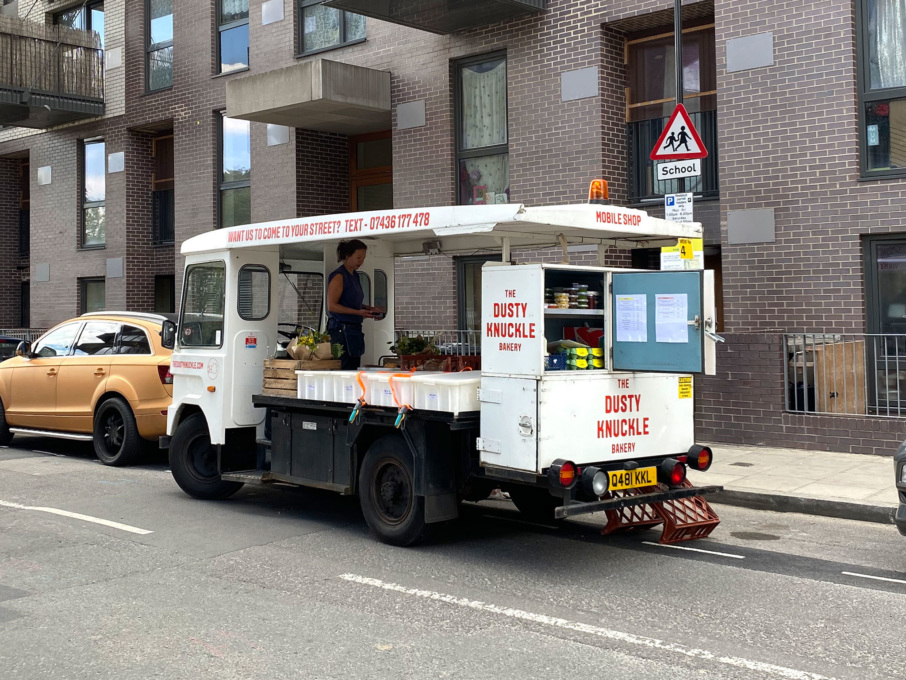
Back in March, it was amazing to see how many businesses were dynamic in their response to a lockdown, with many turning into delivery concepts or starting cook-at-home boxes to survive. Companies like Natoora quickly switched to home deliveries to recuperate money they’d otherwise lose from restaurants through private orders, while bakeries like Little Bread Pedlar and The Snapery opened their arches, offering items to the public previously only available for wholesale. Some, like Brat and The Dusty Knuckle, changed their offering to suit peoples’ new needs, selling basic supplies that, for a while, suddenly seemed scarce.
An early response to the forced closure of businesses was a furlough scheme that provided some welcome relief to businesses unable to operate, and the thousands of workers who still had bills to pay. And during August, there was an eagerness to get people back into bars and restaurants over the summer with the Eat Out to Help Out scheme, which was also beneficial in terms of making up for lost time and led many owners to recruit staff and amp up their businesses again.
But many in the industry, including myself, feel there’s been a clear lack of strategy in dealing with the lockdown effects on hospitality by the UK Government.
Despite those bright spots, the Government introduced a 10pm curfew in September, which targeted hospitality businesses, leading to a dramatic loss in revenue. A restaurant or bar that has to close at 10pm means that a second seating (which is typically relied on) has to either be cut short or stopped altogether, a further blow for small businesses already having to deal with reduced capacity and revenue through social distancing and safety protocols. It was being suggested that hospitality businesses were to blame for the increase in cases. Then, a further limitation was introduced: Business meetings could go ahead, but you also couldn’t dine out with anyone outside your household, shortening restaurants’ lifelines even further.
This constant yo-yoing of restrictions and enforcements with regards to its effect on the hospitality industry means that businesses have had to continually think on their feet and make tough decisions regarding theirs and their employees’ futures. And while a concern for others is a driving force for entering the industry and for stepping up for those in need, restaurants and their workers won’t be able to continue to do so without help.
*****
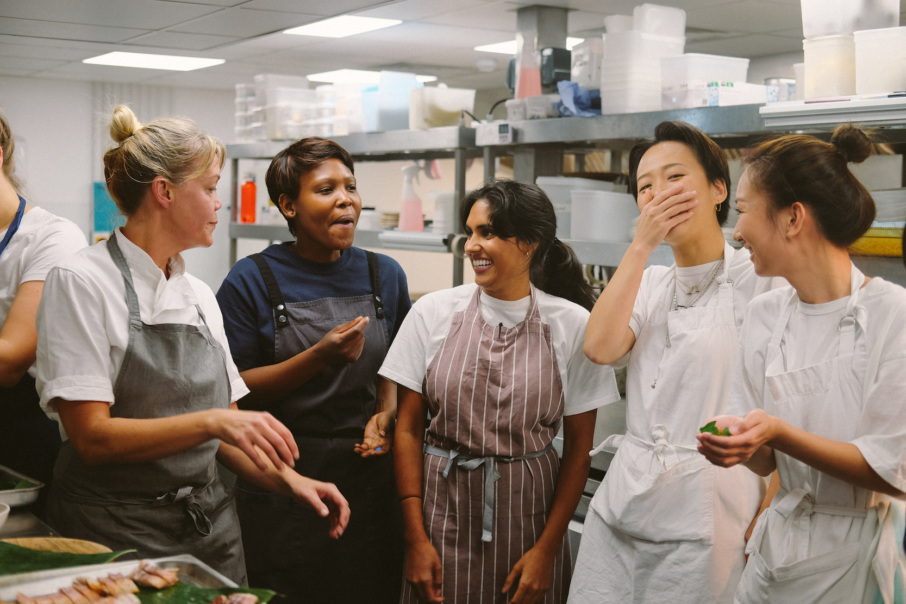
In terms of a long-term strategy moving forward, it’s clear that the hospitality industry needs support. It’s the third biggest private sector employer in the UK, representing 10% of employment and 5% of GDP. With an average of 5% growth each year since 2010, it’s a sector that’s still growing rapidly.
The reality is that with safety as the main priority, the UK’s cafes, bars, and restaurants need a clear and constructive pathway to eventually reopen. Additionally, more consideration must be given on how hospitality businesses actually operate (for example, a 10pm curfew and the knock-on effect to bookings). To this end, I would urge the Government to reach out to key people in the industry to listen and find solutions that are practical, from restaurant owners to hotel bosses, bar owners, and small food businesses. As major stakeholders, the hospitality industry deserves more of a voice in what’s happening, and in finding a long-term solution.
And when we look at hospitality in the UK, we aren’t just looking at restaurants and forward-facing businesses. We’ve got to go beneath and look at who else is impacted when these places struggle or close down. The entire supply chain is affected — the independent growers, farmers, and fishermen whose livelihoods rely on supplying restaurants, and the wholesale suppliers and everybody else attached to keeping one of the UK’s largest sectors going. The hospitality industry is a machine and an engine, and there’s a lot more behind it than we acknowledge.
It’s still unclear at this stage how all of these stakeholders will be supported through this time, let alone survive what looks like a tough winter ahead. It’s the resilience of the industry and many of my friends who work in it that makes me hopeful — starting a restaurant or food business is tough, and it’s made of people with a real passion for what they do. I’ve seen so many positives over the last nine months and have been impressed with how quickly bars and restaurants were able to work around the restrictions safely. But without long-term support, even the savviest businesses will struggle, and entire swathes of the industry are at high risk of closure.
This crisis has helped people to realise that hospitality isn’t just a transitory sector for people, it’s also an integral part of our social lives as well as an industry that provides people with lifelong careers – and one worth supporting. These people can’t just retrain at the drop of a hat and shouldn’t have to. Restaurants are where friends and families meet, occasions are celebrated, and memories made. Therefore, it’s incredibly important that even after this is over, there’s a spotlight on it as a viable career path, and as an industry that really matters.
Ravneet Gill is a chef, author, and founder of Countertalk, a job service and community that promotes healthy work environments in the food industry. Follow her on Instagram. Follow Resy, too.



